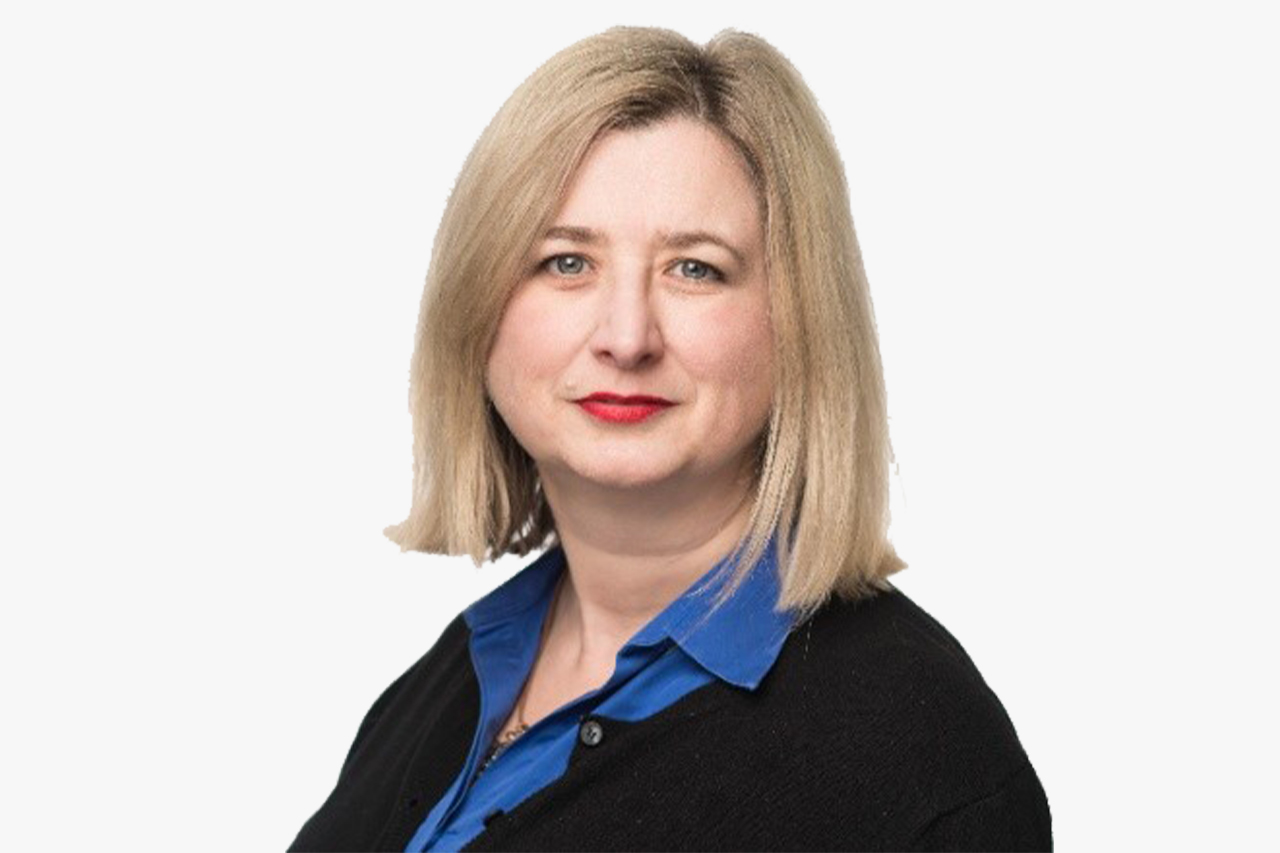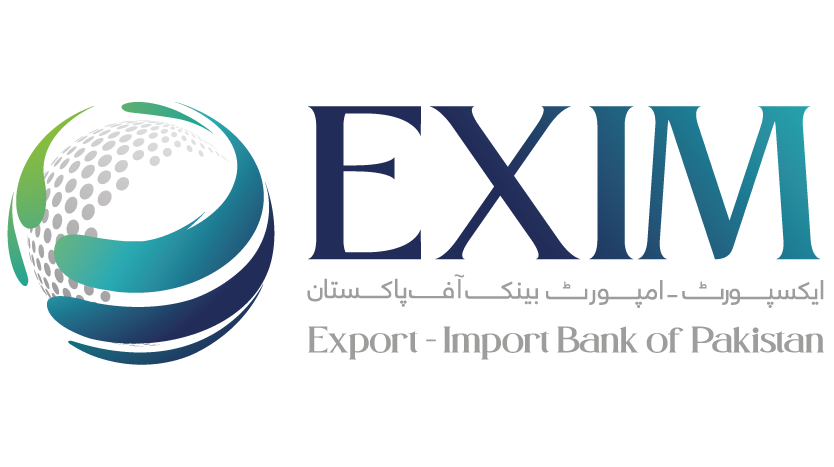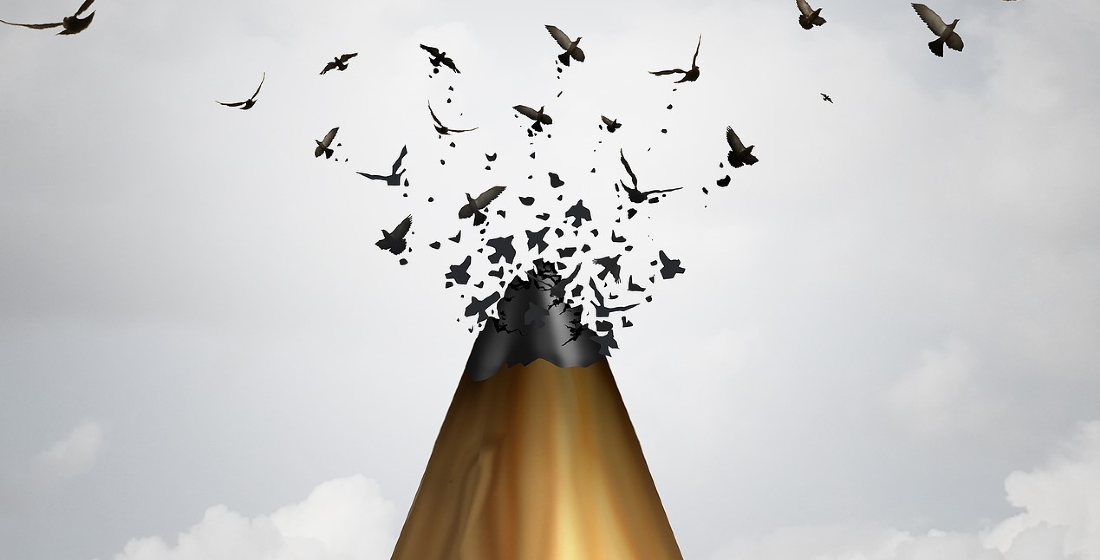
By Katharine Morton
Head of Trade, Treasury & Risk – TXF Media.
C.E.O. & President – EXIM Bank, Mr. Irfan Bukhari’s interview by TXF News. Hear it from the man himself about the road leading up to the successful launch of the institute, its current engagements and what’s next in the near future, in his first official interview after the agency’s inauguration.

Irfan Bukhari, CEO and president, Export-Import Bank of Pakistan (EXIM Bank)
TXF: Congratulations on officially inaugurating the Export-Import Bank of Pakistan (EXIM Bank). Where are you now? What’s your new product suite and what are you offering?
Irfan Bukhari (IB): Thank you, it’s been a most interesting, once in a lifetime rewarding experience.
Currently we are focused on building our capacity and clientele for the Export Credit Insurance (Export Receivables Insurance) products for exporters). While we are gradually building our clients and business, the product has been extremely well received in the country, both by banks and exporters. Being given 100% government ownership also provides a lot of credibility to the product. Once we have our reinsurance arrangements in place, which require certain approvals, we will scale up our operations. In anticipation of that, we are also hiring front office staff and underwriters.
While we have the financial strength we require for the level of business we have targeted, having reinsurance will not only give us additional underwriting capacity, but it also helps us rub shoulders with the experts in the business, ensuring that we are taking the correct level of risk. We don’t want to be seen as either being too aggressive, or too conservative in underwriting, and certainly reinsurance has this significant advantage.
EXIM Bank will be underwriting itself, and on its own books, without reinsurance, for the next three to six months to demonstrate to reinsurers that while we are new, we have built the capacity, we have undertaken risk and will have the track record to show our underwritten risks (of which I can tell you we are doing a very good job!), which will make their decision to partner with us easier.
TXF: You are still a small team. What is the current set up and how have you been building out the institution from when we spoke last in 2022?
IB: Yes, we’re around 25 people now, so quite thinly staffed but we are strategically hiring people to meet the business needs. We have planned that by the end of 2024 we will have increased our HR by about 100%. The process of hiring more senior people is a bit more involved as it includes an interview at the board’s HR Committee as well. But while we are tracking our hiring very closely, I think we will be sinking our hiring with the increasing risk capacity over time.
For credit reinsurance underwriting, one relies heavily on credit reports. The government, and indeed our board, is keen that we build EXIM on solid and sustainable grounds. Accordingly, we have chosen to engage one of the best providers of credit reports internationally to ensure good credit decision support, best IT systems providers to ensure easy access of our policies, ability to buy credit reports on their buyers etc to our clients, and the best training possible to our staff.
In this regard, Tinubu is one of the best suppliers of trade credit insurance management systems and their credit reports are also well regarded in the industry worldwide, and importantly, they also can train our people in underwriting and commercial and risk taking capacity. Islamic Corporation for the Insurance of Investment and Export Credit (ICIEC), the insurance arm of the Islamic Development Bank Group (IsDB) has also been extremely generous and supportive to EXIM in building its capacity in these areas.
We have been provided certain grants by the IsDB to be able to underwrite and to be trained in underwriting and we are responsibly using them to train our staff to ensure we have best-in-class commercial and risk undertaking capacity in the region. With this kind of support, and the books we are building over the next four to six months, we should have developed a track record of onboarding our exporters, underwriting the risk, and have gone through the full circle of declarations being made, receivables maturing and claim payments made.
TXF: How will this help?
IB: Ordinarily, underwriters will just look at a credit report and say, ‘okay, this is good for $100, and we’ll give them a 90 or 100 or 110’. EXIM Bank is doing more than that with our underwriting process, figuring out how long the exporter has been in business, how good their acumen is in managing receivables, how long have they been in business with a certain buyer, and their experience, etc. This is what some call ‘underwriting the exporter’.
All of the above adds value to our underwriting decision making, and it is not only dependent on a credit reports. Foregoing has been seen by Tinubu and ICIEC and they are very satisfied with the progress we are making, and I believe that with their collective guidance, we will have a very strong team of underwriters with good underwriting acumen developed. All of this, when presented to a reinsurer would likely be very a positive comfort to them in making the reinsurance decision in favour of EXIM Bank.
Especially, any endorsement we could get from Tinubu/ICIEC on the quality of our underwriting submissions and our underwriting staff will go a long way in getting a good treaty arrangement in place.
Also, I would like to note that EXIM Bank would prefer to have a facultative based reinsurance treaty to begin with [reinsurance purchased by an insurer for a single risk or a defined package of risks] because this will give us an idea of the reinsurers risk taking capacity and limits, which will ensure a better long term quota-share partnership.
TXF: Do you have a set capacity limit?
IB: For an insurance company like us, with the central bank, State Bank of Pakistan (SBP) as its regulator, there is a core requirement of capital and we comfortably have approximately 30-35% more than that minimum requirements in terms of retained earnings. It’s this 30-35% that we put at risk. We are using our retained earnings and leveraging that very conservatively.
Exporters see the credit insurance tool as an instrument that helps them to have a competitive edge and a level playing field compared to those countries that have an ECA of their own.
Exporters and banks have been very supportive of our strategy of gradual build up and understand that it is in their interest to help us nurture and have a gradual buildup of our risk capacity until we have our reinsurances in place. This is a good support to have from our customer base, and we much appreciate the same.
We will very soon have memorandums of understanding in place with other Exim banks and ECAs, that will be different from other MoUs, where we can work with those countries’ engineering companies, for example, to work together in third countries, in, for instance, African markets to support projects in the continent, using the support of a common bank like the IDB/ICIEC. These partnerships will also help us increase our capacity in addition to reinsurance arrangements.
TXF: Will exporters be going via their banks or directly to you?
IB: At our inauguration, in the presence of Minister for Finance, Revenue & Economic Affairs, Dr Shamshad Akhtar, we signed off and issued 12 policies, and three of those were for two commercial banks – two export credit insurance related and the third for LC insurance. The balance of them were exporters.
You will also see further collaborations of EXIM Bank with Pakistan’s commercial banks. We’ve been given a new assignment by the government to manage on their behalf the restructured Export Refinance Scheme.
This assignment puts us in direct relationship with banks engaged in trade and working capital finance, providing us a much better understanding of the needs of the exporters and how we could support them with our products. Ultimately it gives us an immense opportunity to be much more impactful in terms of export growth and developing regions and sectors.
TXF: Your answer may have changed since we last spoke, but what constitutes success on a five year view?
IB: EXIM, with its products will change the way risk is taken or considered in the country and by Banks. We will be creating security for the Banks and Exporters and will be protecting their balance sheets and wealth, while facilitating the growth of their business. But all of this will take time. But will happen. It is already happening with exporters now started using our products.
But it is to be noted that EXIM is not a solution for short term export growth. We will always be a solution for the long term. That’s because whatever we do today is going to have an impact two or three years down the line. Therefore don’t expect that since that EXIM Bank is now operational, exports will suddenly go north instantly.
What would really constitute success is when our exporters get into more sectors, when we can increase the volume, but also the spread. Today a large portion of Pakistan’s exports are textiles, fruits and vegetables, and we can increase that volume. We’re very interested in engineering goods and services, software, small scale manufacturing.
Currently a significant portion of our exports goes to OECD countries. Another success would be to enhance the geographical mix considerably.
All of this will take time.
TXF: And on the sustainability side?
IB: We are very keen on sustainability and we would like to position EXIM Bank as a Green Bank over a period of time, assuming we get the required ‘green resources’ from the international agencies providing them. We want to help expand Pakistan based exporters to expand their production capacity using green technology which also helps hedging against carbon taxes that could be imposed by destination countries.
We are engaged with the Green Climate Fund and we have made some progress. I am optimistic that in time this will bear fruit.
Also, we’re being supported significantly by the multilaterals. For instance, the Asian Development Bank has helped us a lot and continues to help us improve our fiduciary capacity which will assist in our work with other international organisations more comfortably. Secondly, the IsDB Group has done a lot for us. Also, we have engaged with the World Bank and they’re doing some work which will eventually support EXIM Bank as well. Their support is almost always based on a sustainability model.
TXF: You do sound optimistic generally.
IB: Yes, and that has served well as you can see. I have to say, my government has supported us significantly. And exporters and banks have also been very understanding to our timelines and risk taking capacity gradual buildup. The multilateral institutions as mentioned, and indeed ICIEC, have been very helpful and supportive. We have a small but competent team, we are building on that, and my intention is to get the best trade financiers, the best lenders and the best underwriters for us. And I have the full confidence of the board that we will get this done. It’s been a bit of a slow process, but it’s been very impactful and very enjoyable as well.
Embracing an era of great promise, EXIM Bank is poised to ardently champion and advance the interests of Pakistan. Our optimism knows no bounds, and we express profound gratitude for the immense blessings bestowed upon us. The journey ahead is not just exciting, it’s a testament to our unwavering commitment to excellence, growth and to meet and exceed our mandate requirements. So, yes, we are quite optimistic given the brief track record of success.




